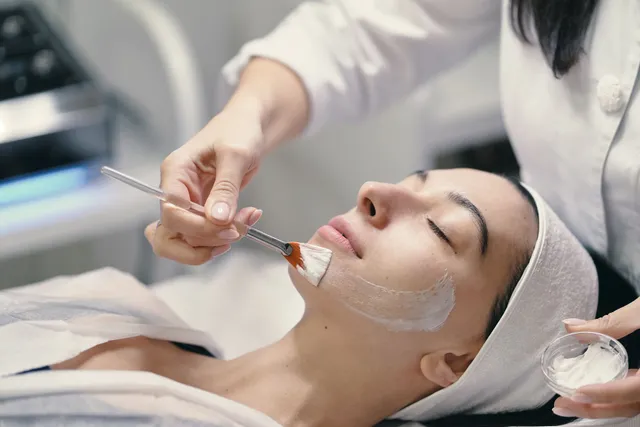Skin cancer is one of the most common forms of cancer, but with professional dermatological care, you can reduce your risks. Dermatology plays a key role in identifying and managing potential issues early on, empowering individuals to prioritize skin health and well-being. If you’re health-conscious, invested in skincare, or at risk, understanding how dermatology practices contribute to managing skin cancer risk is key.
Detecting Skin Cancer with Regular Screenings
Routine screenings are one of the most important tools dermatologists use to detect skin cancer. During these check-ups, dermatologists carefully examine your skin for any abnormalities, such as unusual moles, spots, or growths. Early detection is key, as it can improve management outcomes.
Dermatologists document any changes in your skin over time. By comparing results from previous visits, they can identify subtle shifts that might go unnoticed otherwise. Consistent monitoring helps that potential risks are flagged and addressed promptly.
Personalized Risk Assessments and Tailored Advice
Dermatology practices focus on understanding your unique skin type and medical history to provide a personalized risk assessment. Factors like skin tone, family history, and sun exposure habits are carefully reviewed during consultations. This holistic approach helps dermatologists recommend strategies that are tailored to your specific needs. Individuals with lighter skin tones or a history of sunburns may be guided to adopt stricter sun protection routines. Custom advice empowers patients to protect their skin effectively and make informed decisions about their health.
Proactive Protection with Preventative Measures
Dermatologists are invaluable when it comes to implementing preventative measures against skin cancer. They offer actionable, science-backed advice to minimize skin damage caused by UV rays. Common recommendations include:
- Using a broad-spectrum sunscreen with SPF 30 or higher
- Wearing protective clothing, wide-brimmed hats, and sunglasses
- Seeking shade during peak sunlight hours
- Avoiding tanning beds and artificial UV sources
By integrating these practices into your daily routine, you can safeguard your skin and reduce the chances of cancerous changes. Dermatologists help make sure these strategies are clear, achievable, and tailored to your lifestyle.
Treating and Managing Pre-Cancerous Conditions
Another key role dermatology practices play is addressing pre-cancerous conditions before they escalate. Dermatologists frequently treat conditions like actinic keratosis, which can develop into skin cancer if left unmanaged. Advanced tools and techniques, such as biopsies or cryotherapy, are employed for early intervention. These procedures not only provide peace of mind but also prevent further complications. Dermatologists take a proactive approach to ensure patients understand treatment options and feel supported throughout the process.
Why Dermatology Matters for Skin Health
Dermatology practices do more than treat concerns; they educate and empower individuals to actively protect their skin. By offering expert guidance and personalized care, dermatologists help reduce the risks of skin cancer effectively. If you’re overdue for a skin consultation or want to adopt better sun safety habits, consider reaching out to a dermatology professional near you. A simple check-up can be a powerful step toward protecting your skin and your overall health. By prioritizing your dermatological care, you’re not just taking care of your skin today; you’re investing in its health for the future.

